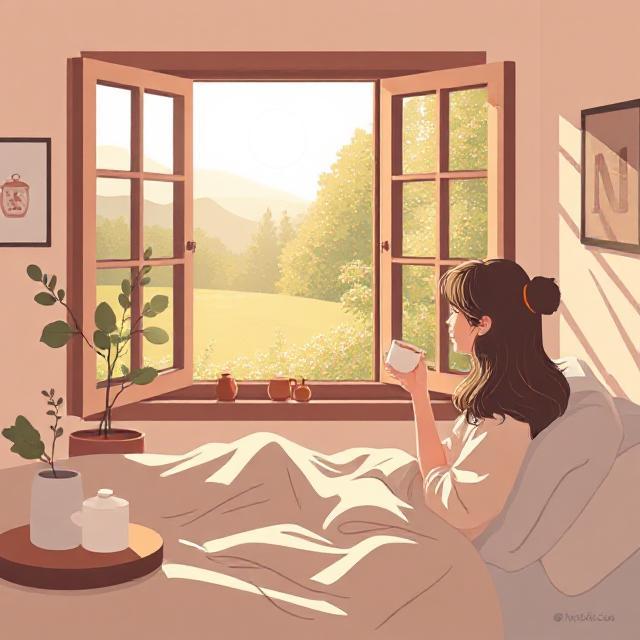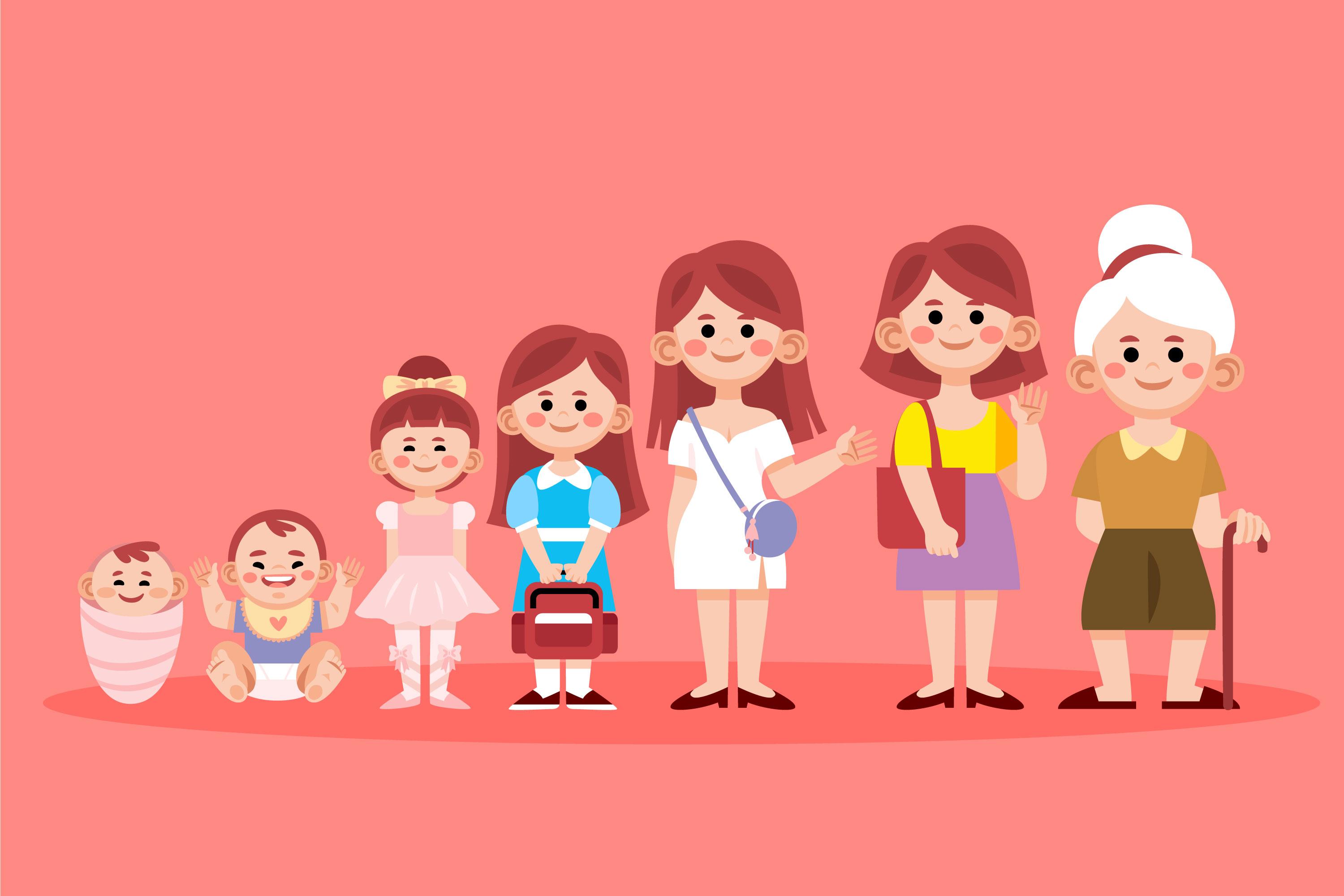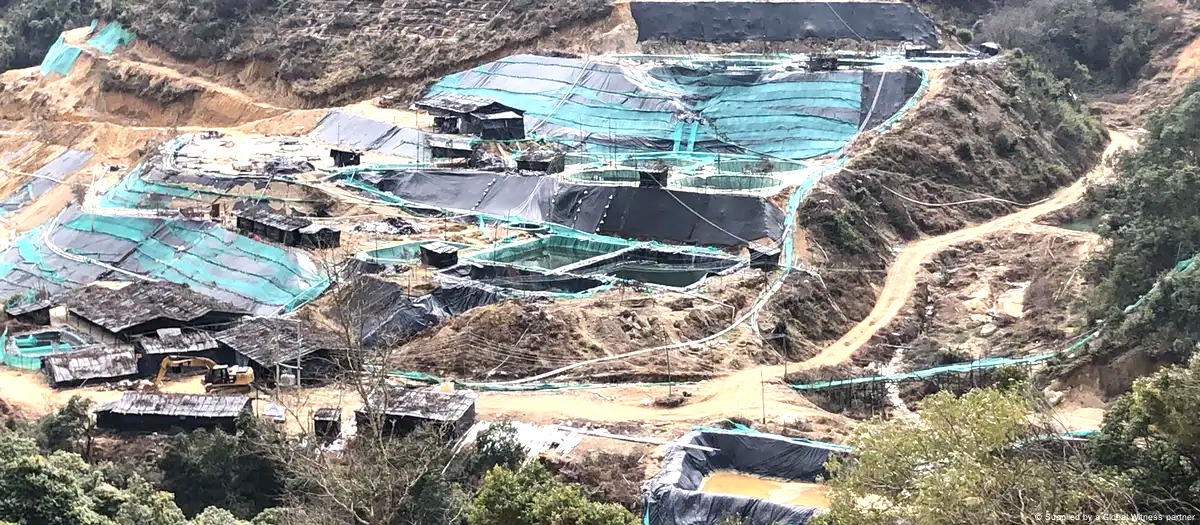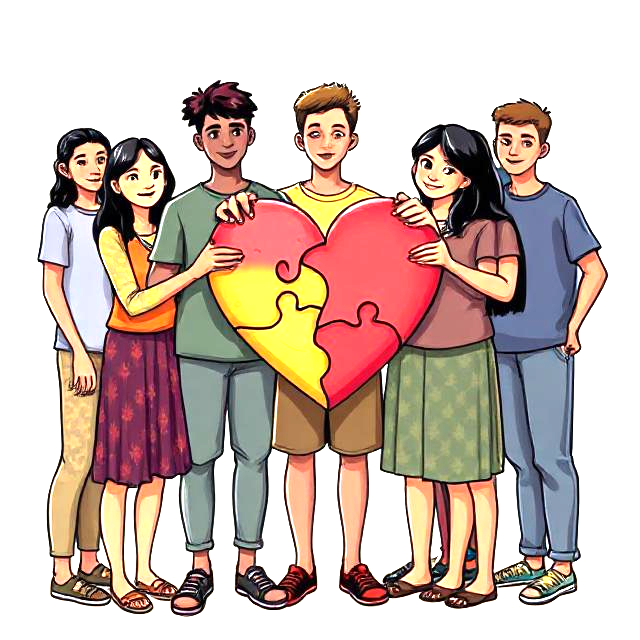The Soft Power of Slow Living
Posted_Date
Image

Body
In a world that celebrates speed, productivity, and never-ending hustle, the idea of “slow living” might sound outdated or even lazy. But slow living doesn’t mean doing things lazily or dragging your feet. Indeed, it requires a surprising amount of presence, awareness, and strength, not to chase time, but to live inside it.
I used to be one of those people who measured my worth by how much I accomplished in a day. I’d read articles and watch motivational videos that glorified waking up at 5 am, planning every second of your schedule, and squeezing productivity out of every activity. I’d try to mimic that — get up early, hit the gym, read a book, journal, meditate, work on a side hustle — all before 8 am.
And if I failed? I’d criticize myself for being lazy, weak, or undisciplined. I couldn’t rest without guilt. My inner voice sounded more like a coach yelling instructions than a kind friend offering support. But slowly, something shifted.
It began with small things. One morning, I didn’t set an alarm. I simply woke up around 6 am — not because I had to, but because my body was ready. I walked downstairs, bought flowers for the shrine, took a warm shower, made an offering, and meditated. No rush, no pressure. Just presence. That’s when I first tasted what slow living could feel like. Since then, my days have taken on a new rhythm.
Now, after my morning routine, I sit and read for about 20 minutes. I write in my journal. Around noon, I clean the rooms, wash the dishes and sink, do the laundry, and fold clothes. These chores, once annoying and mindless, have become something else — grounding, almost therapeutic. Living alone has helped me turn even tasks I didn’t want to do into habits I now appreciate. In the evening, I walk in the yard, water the plants, and then shower again. At night, I usually work on clients’ projects. If there’s no work, I watch a movie or call my relatives who live in other regions. By around 10:30 pm or 11 pm, I go to sleep. These days, the way I’m living could be described as “slow living”. In times like this, when distractions are everywhere, it helps calm my mind.
But let’s clear up a common misunderstanding: Slow living isn’t a lifestyle that only people with lots of money can afford. It’s not about buying organic soaps, handmade furniture, or taking retreats in the countryside. It’s about a mindset. A way of approaching life.
Slow living is about living with awareness — it’s not about drifting through life aimlessly. It’s about feeling the tiny droplets of water falling while we’re hanging washed clothes for just four or five minutes. It’s about feeling the warmth of the sun-dried clothes through our fingertips as we fold them. It’s about inhaling the fresh scent of soap. It’s about feeling our hands touch the water running from the faucet while washing the dishes. It’s about noticing the little suds and the texture of the plates.
While cooking, while eating, while showering, while sleeping, even while working – It’s all about mindfulness, being fully in the moment, feeling through all five senses — touch, smell, taste, sound, sight – and completing each task with that awareness. Even if something takes just five minutes, we need to fully enjoy and feel what we’re doing. People tend to focus only on what’s bothering them. But we should shift our focus more towards the present moment in our process.
Next, overthinking is one of the biggest barriers to mindfulness and slow living. It pulls us away from the now. Instead of living, we start analysing everything. Instead of enjoying our meal, we’re thinking about yesterday’s argument or tomorrow’s deadline. Our body may be in the moment, but our mind is sprinting in circles.
Overthinking is exhausting. It creates problems that don’t even exist. It turns simple situations into complicated ones. It robs us of sleep, peace, and presence. And sadly, it’s become a normal part of modern life. We scroll endlessly through advice posts:”10 ways to stop overthinking”, “5 habits to become your best self”, and “Do this every morning to change your life.”
But in this age of information overload, it’s so important not to become a slave to that information. At the end of the day, we’re responsible for our own lives. And only by living in alignment with our values and being satisfied with the way we live.
Mindfulness is the medicine for overthinking. When you truly notice the moment, your breath, the smell of rain, the warmth of tea in your hands, your mind has no choice but to slow down. And when the mind slows, peace enters.
A person who’s always tired and constantly rushing through everything can never live the same quality of life as someone calm, mindful, and present in each task. It’s not the same level of happiness, not the same sense of meaning.
When I first began this journey, I didn’t realize how loud my thoughts had become. Even while doing simple tasks, my brain was racing – checking notifications, replaying conversations, worrying about things I couldn’t control. It took effort to bring myself back to the now, again and again. But over time, it became easier. Like building a muscle. The more I practised mindfulness, the less I overthought. The more I paid attention, the less anxious I felt. That’s the hidden gift of slow living — it trains our minds to stop running and start listening.
I don’t want to give people advice like “Do this to improve your life”. Because honestly, I’m not doing anything extraordinary myself. I’ve simply chosen to live slower. Not to perform, but to experience. To notice how the floor feels under my feet when I walk. To hear the birds outside my window. To eat meals without checking my phone. To breathe deeply and fully before starting a new task.
In the past, I used to be hard on myself and criticize myself unnecessarily. For example, I’d push myself to get up at 5 am and go to the gym by 6 am. If I couldn’t stick to that, I’d beat myself up and feel useless. Now? I don’t even set an alarm. By 5 am, I naturally wake up. This isn’t just about routine. It’s about rhythm – living in a way that feels gentle, authentic, and balanced. There’s no perfect formula. No schedule we need to copy. Just a series of choices. In the end, everything comes down to the choices we make.
We can choose to rush through life, always chasing the next thing, never feeling enough. Or we can choose to slow down, breathe, and trust that the present moment is already rich with meaning. Slow living is a quiet rebellion in a noisy world. It’s not a trend. It’s a return to ourselves, our senses, our humanity.
Source: The Global New Light of Myanmar






